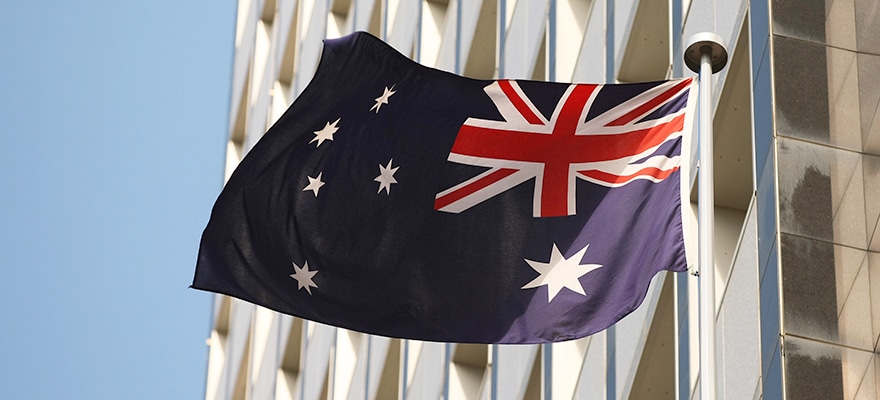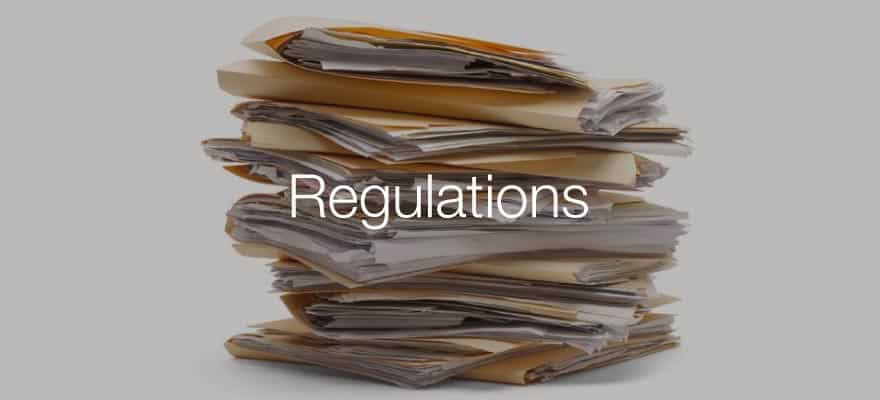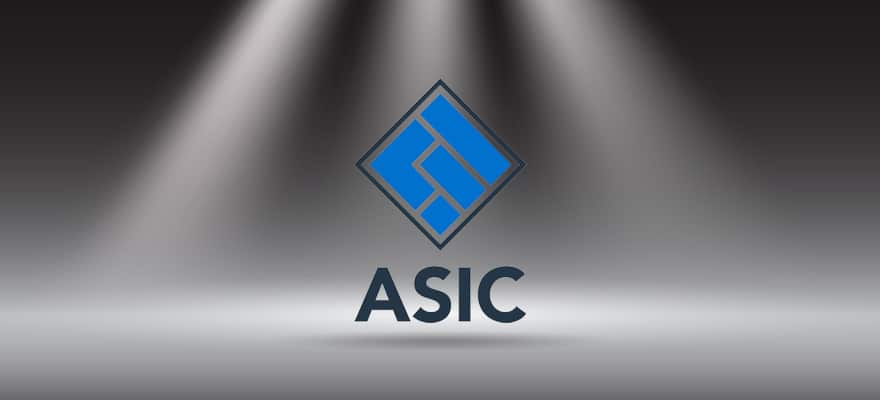This article was written by Sophie Gerber, the director of the compliance and legal firm Sophie Grace.
ASIC has confirmed its position on trade reporting in its latest release about the Over The Counter (OTC) Derivatives market in the detailed report on the industry released in June 2016 titled Compliance Review of the Retail OTC Derivatives Sector. You can access the full report here.
ASIC has clarified that they expect all margin foreign Exchange (Margin FX), Contracts for Difference (CFD) and binary options transactions to be reported under the Derivative Transaction Rules, which can be accessed here.
Margin FX, CFD and binary options issuers fall under the Phase 3B category Reporting Entities, which have been obligated to report transactions since December 4 2015. ASIC has reiterated that any failure to report transactions will be in breach of Derivative Transaction Rules and may attract a penalty of up to 1,000 units, which equates to approximately $180,000. Further information about derivative transaction reporting is outlined in ASIC Regulatory Guide 251, which can be accessed here.
This clarifies any remaining ambiguity about ASIC’s expectations and confirms the position outlined in our January article on this topic. With the retail OTC derivatives sector and the wider industry under increased pressure and scrutiny, it’s important to ensure all of your reporting is correct and up to date.
For those who are going to commence reporting trades for the first time as a result of ASIC’s report, here’s some important concepts to be aware of when getting set up.
Safe Harbour Provisions
Reporting entities should also consider whether any safe harbour provisions may be available. A reporting entity that appoints a delegate is taken to have complied with their reporting Obligations (under Reporting Rules 2.2.1–2.2.5 and 2.2.8) in relation to each reportable transaction and reportable position for which the delegate has been appointed to report.
Further, a reporting entity that appoints another person to report on its behalf remains responsible for taking all reasonable steps to ensure the completeness, accuracy and currency of the information reported.
For more information about the Safe Harbour Provisions read our earlier article here.
Single-Sided Reporting Relief
Reporting entities may also be able to rely on the single-sided reporting relief, which is available in certain situations where the other side of a trade has already reported. Proper documentation and regular compliance checks are required in order to comply with the relief, however this is often balanced by the substantial cost savings.
For more information about Single-Side Reporting Relief, read our earlier article.
















